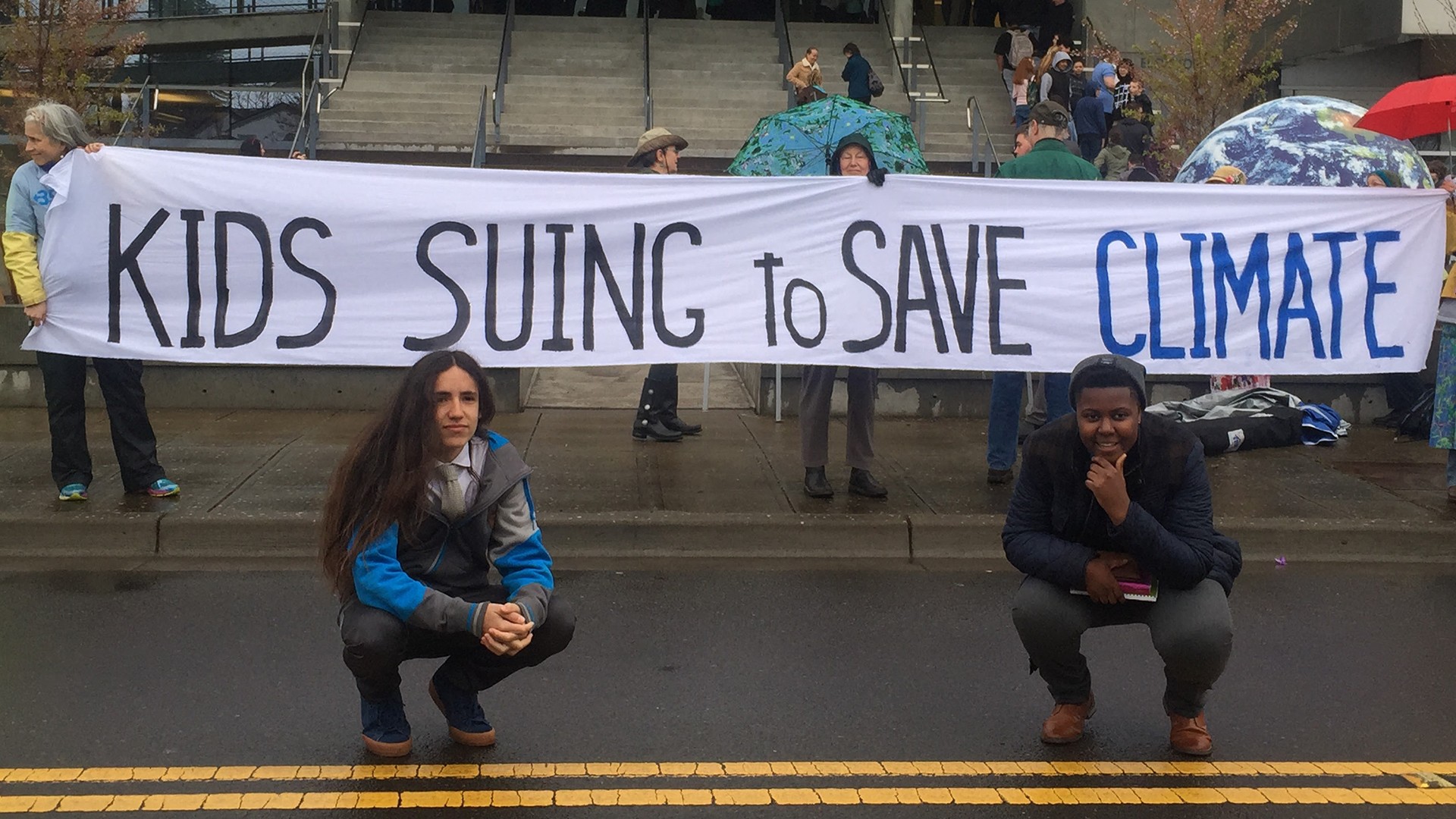Images via CP
The Saskatchewan Court of Appeal has ruled that the Canadian government can impose a carbon tax on the province.The decision is the first in a series of court cases that will decide whether Canada can move forward with its national carbon price — Justin Trudeau’s main climate change policy.In their decision issued Friday afternoon, three judges out of five found Canada’s Greenhouse Gas Pollution Pricing Act was constitutional.The court acknowledged that human-caused climate change “is one of the greatest existential issues of our time.” All sides agreed in court that limiting greenhouse gas emissions is of “pressing importance.” But the case wasn’t really about climate change — it was about whether Canada’s Parliament has the constitutional authority to impose a carbon tax on provinces under Canada’s federation model, which divides power between the federal and provincial governments. On April 1, Trudeau’s government passed the act, imposing a carbon tax on all provinces. But a handful of provinces vowed to fight that decision in court. Saskatchewan, Ontario and Manitoba have all brought cases forward. Alberta and New Brunswick also oppose the carbon tax. The Saskatchewan case is the first to be decided, and could influence the others.The whole matter is likely to end up in the Supreme Court of Canada, because the constitutionality question is a big deal, and the loser in any of these cases is likely to appeal.The stakes are high for Trudeau, who is facing a fall election that some have argued will be a referendum on support for climate policy. Canada’s prime minister has balanced a decision to build the stalled Trans Mountain pipeline expansion with the federal carbon tax, which would put a tax on GHG emissions starting at $20 per tonne, increasing over time.Even with the carbon tax, Canada is not on track to meet its Paris Agreement commitment to cut its GHG emissions by 30 percent below 2005 levels by 2030. The Saskatchewan decision comes on a day that teenagers across the country are walking out of school to demand that Canada act faster on climate change.More than three dozen lawyers made legal arguments in the Saskatchewan case, representing 16 groups, including governments, environmental groups and Alberta’s United Conservative Party, according to the Regina Leader Post.Saskatchewan’s lawyers argued that climate change and its risks are “irrelevant” to the case, the Leader Post reported. They argued the tax is unconstitutional and could upset Canada’s model of federalism.The Canadian government argued that it has to meet its Paris Agreement commitments, and putting a price on carbon is the best way to do that.Federal lawyer Sharlene Telles-Langdon emphasized the urgency of action on climate change, and said, “One province’s refusal or failure to sufficiently regulate greenhouse gas emissions impacts Canada as a whole.”Follow Hilary Beaumount on Twitter.Sign up for the VICE Canada Newsletter to get the best of VICE Canada delivered to your inbox.
On April 1, Trudeau’s government passed the act, imposing a carbon tax on all provinces. But a handful of provinces vowed to fight that decision in court. Saskatchewan, Ontario and Manitoba have all brought cases forward. Alberta and New Brunswick also oppose the carbon tax. The Saskatchewan case is the first to be decided, and could influence the others.The whole matter is likely to end up in the Supreme Court of Canada, because the constitutionality question is a big deal, and the loser in any of these cases is likely to appeal.The stakes are high for Trudeau, who is facing a fall election that some have argued will be a referendum on support for climate policy. Canada’s prime minister has balanced a decision to build the stalled Trans Mountain pipeline expansion with the federal carbon tax, which would put a tax on GHG emissions starting at $20 per tonne, increasing over time.Even with the carbon tax, Canada is not on track to meet its Paris Agreement commitment to cut its GHG emissions by 30 percent below 2005 levels by 2030. The Saskatchewan decision comes on a day that teenagers across the country are walking out of school to demand that Canada act faster on climate change.More than three dozen lawyers made legal arguments in the Saskatchewan case, representing 16 groups, including governments, environmental groups and Alberta’s United Conservative Party, according to the Regina Leader Post.Saskatchewan’s lawyers argued that climate change and its risks are “irrelevant” to the case, the Leader Post reported. They argued the tax is unconstitutional and could upset Canada’s model of federalism.The Canadian government argued that it has to meet its Paris Agreement commitments, and putting a price on carbon is the best way to do that.Federal lawyer Sharlene Telles-Langdon emphasized the urgency of action on climate change, and said, “One province’s refusal or failure to sufficiently regulate greenhouse gas emissions impacts Canada as a whole.”Follow Hilary Beaumount on Twitter.Sign up for the VICE Canada Newsletter to get the best of VICE Canada delivered to your inbox.
Advertisement

Advertisement